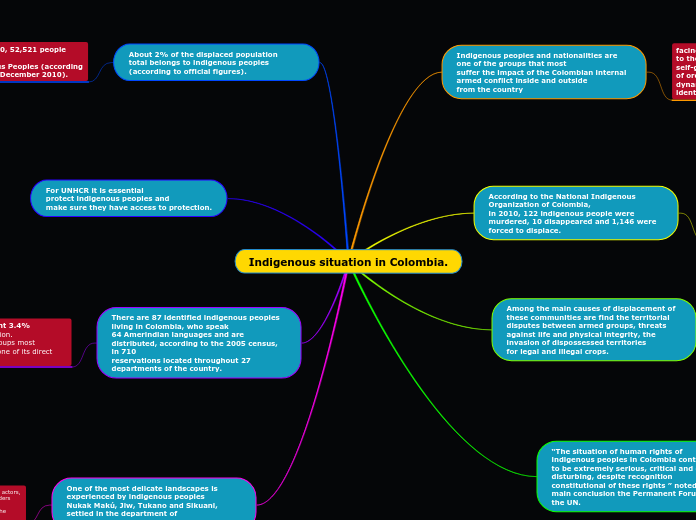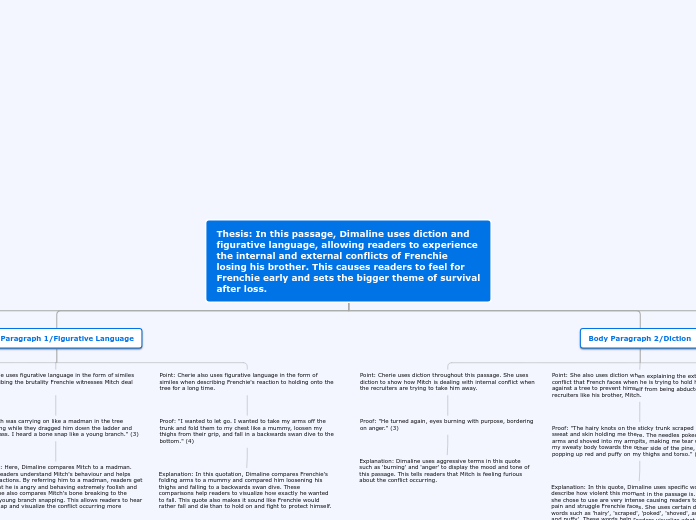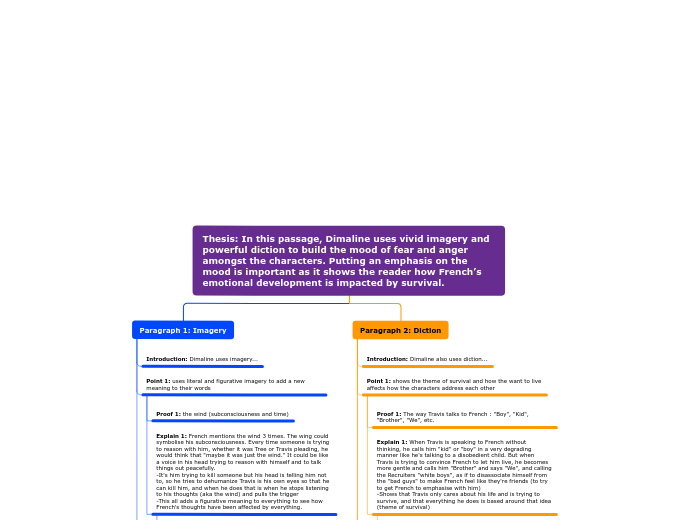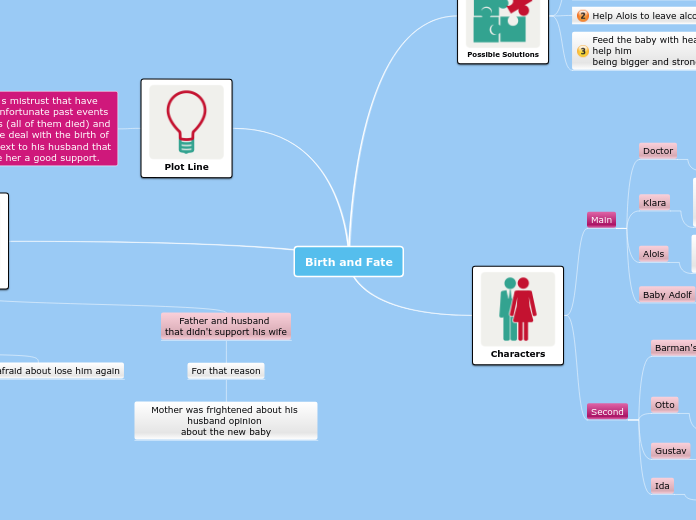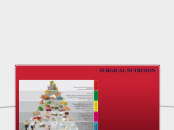によって Juan Felipe Melo Vega 4年前.
307
Indigenous situation in Colombia.
The human rights situation for indigenous peoples in Colombia remains dire, with persistent violence and forced displacement threatening their existence. Among the most affected communities are the Nukak Makú, Jiw, Tukano, and Sikuani in the department of Guaviare.
